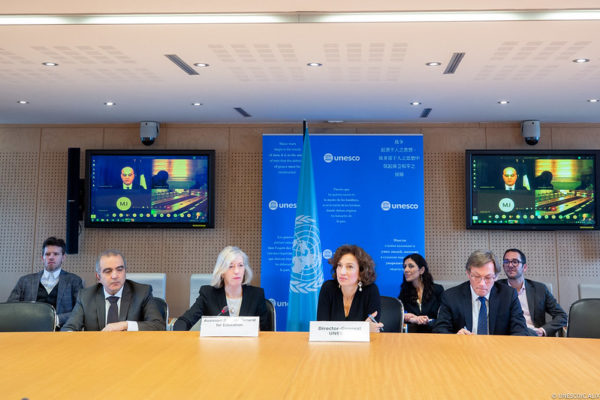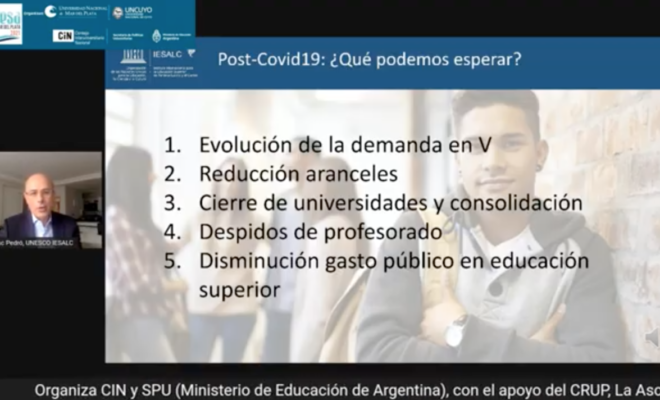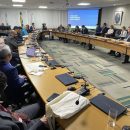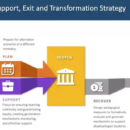Crisis-sensitive educational planning
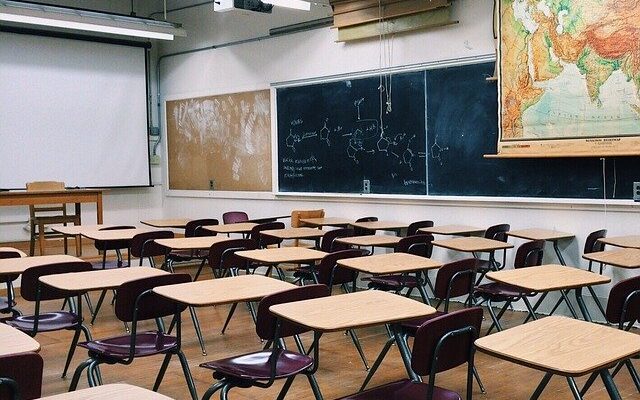
As of April 1st, 89% of the world’s student population was affected by the closure of their institutions due to the COVID 19 crisis, and governments and partner organizations have joined efforts to enable the continuity of learning. This crisis will have long-term consequences for education systems in terms of access, quality, equity and management. Also, risks of disasters, conflicts and violence are becoming increasingly frequent. Therefore, while immediate action to minimize educational disruption is imperative, mid and long-term actions must be undertaken in a multi-risk and sustainability-oriented approach.
The immediate response should strengthen and build on strategies oriented to sustain responsiveness and engagement at all levels of the education system. While many countries may require international support, the governments, through their Ministries of Education (MoE) remain responsible for education provision. Crisis-sensitive planning can help MoE to institionalize risk reduction and better plan and deliver education before, during and after the crisis, ensuring more resilient education systems.
 This demands the education sector to analyze existing and potential crisis risks, analyze capacities and existing resources for risk reduction, identify and overcome patterns of inequity and exclusion, and aim at bringing all education actors together, from both a humanitarian and a development perspective.
This demands the education sector to analyze existing and potential crisis risks, analyze capacities and existing resources for risk reduction, identify and overcome patterns of inequity and exclusion, and aim at bringing all education actors together, from both a humanitarian and a development perspective.
Read the full information on COVID-19 Education Issue Note 2.4 Planning.
RELATED ITEMS



